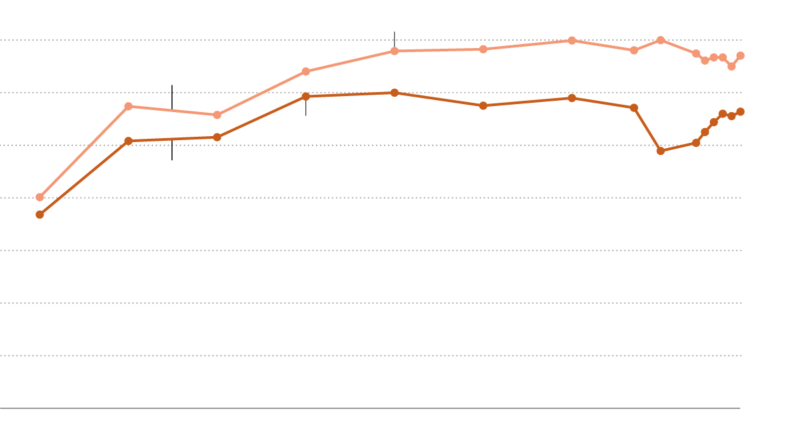Black Workers Stopped Making Progress on Pay. Is It Racism?
Share
Explore Our Galleries
Breaking News!
Today's news and culture by Black and other reporters in the Black and mainstream media.
Ways to Support ABHM?
By Eduardo Porter, The New York Times
Economists are grappling with how much to blame bias or a changing economy for the widening wage gap over the last 40 years.

Slamming what he saw as attempts to deny racial discrimination, Dr. Spriggs argued that economists should stop looking for a reason other than racism — some “omitted variable” — to account for why African Americans are falling further behind in the economy.
After a year in which demands for racial justice acquired new resonance, Dr. Spriggs and others are pushing back against a strongly held tenet of economics: that differences in wages largely reflect differences in skill.
While African Americans lag behind whites in educational attainment, that disparity has narrowed substantially over the last 40 years. Still, the wage gap hasn’t budged.
In 2020, the typical full-time Black worker earned about 20 percent less than a typical full-time white worker. And Black men and women are far less likely than whites to have a job. So the median earnings for Black men in 2019 amounted to only 56 cents for every dollar earned by white men. The gap was wider than it was in 1970.
Black workers also earn lower wages relative to their credentials. An analysis by the Economic Policy Institute, a liberal think tank, found that whether they have a high school diploma or an advanced degree, Black workers make about 80 percent of the earnings of a white worker with similar education.
Research on the pay gap by Kerwin Kofi Charles, dean of the Yale School of Management, and Patrick Bayer, a professor of economics at Duke University, concluded that educational gains among Black men were offset in the labor market by “an ever-higher penalty upon the racial differences in education that remained.”
The evolution of the racial wage gap, they concluded, has been driven both by changes in the tasks performed by Black and white workers, and by the way the economy pays for these tasks.
Read the full article here.
To learn more about African-American’s Employment in the American Economy here.
More Breaking News here.









Comments Are Welcome
Note: We moderate submissions in order to create a space for meaningful dialogue, a space where museum visitors – adults and youth –– can exchange informed, thoughtful, and relevant comments that add value to our exhibits.
Racial slurs, personal attacks, obscenity, profanity, and SHOUTING do not meet the above standard. Such comments are posted in the exhibit Hateful Speech. Commercial promotions, impersonations, and incoherent comments likewise fail to meet our goals, so will not be posted. Submissions longer than 120 words will be shortened.
See our full Comments Policy here.